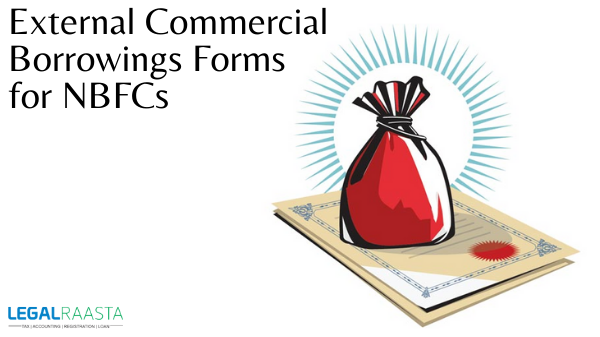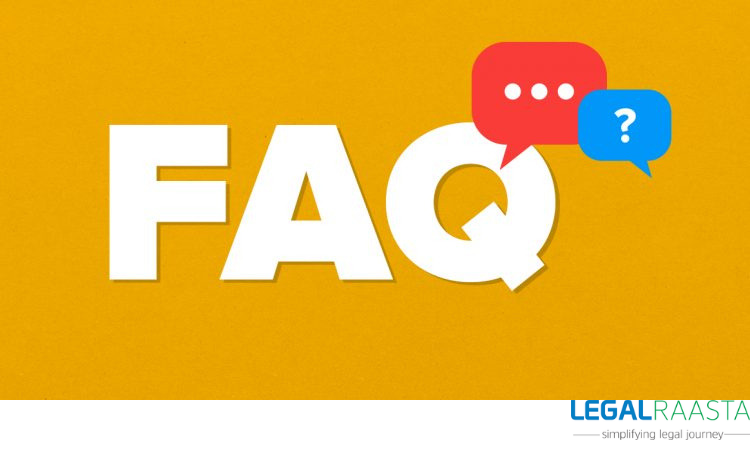Section 269SS and 269T applicable to NBFC: RBI
Introduction to Sections 269SS and 269T
In a notification released on March 9, 2017, the RBI declared that sections 269SS and 269T will be applicable to NBFCs. These stipulations thus, add to the list of NBFC compliances in India. Before we delve into what this means for these organizations, let's take a brief look at what these sections stipulate.
The sections 269SS and 269T were enacted by RBI because the income-tax department found large sums of unaccounted cash money in their raids. When questioned, accused would state that they received cash as a loan from friends or relatives. Many individuals with the aim of tax evasion also falsified cash transactions showing payment and repayment of loans. Thus, with the aim of curbing cash transactions and accumulation of black money, these acts were put into action.
Section 269SS
Section 269SS basically means that no person can take a CASH loan or deposit from another person if the amount is more than Rs. 20,000.
Section 269T
In layman's terms, like Section 269SS is for not accepting a cash loan of more than Rs. 20,000, the Section 269T is for not repaying a loan in cash if the amount is more than Rs.20,000.
Together, both laws stipulate that neither payment or repayment of loans can be done in cash if the loan amount exceeds Rs.20,000. There are exceptions to these sections which need to be considered. However, we will not look into those for this article.
Sections 269SS and 269T for NBFCs
In the notification released by RBI, they draw attention to the instructions in para 37 (iii) b of the Non-Banking Financial Company – Non-systemically Important Non-Deposit taking Company (Reserve Bank) Directions, 2016 Non-Banking Financial Company - Systemically Important Non-Deposit taking Company and Deposit-taking Company (Reserve Bank) Directions, 2016 which stipulate that high-value gold loans ( ₹ 1 lakh and above) can only be disbursed by cheque. Further, the RBI added to this by releasing this statement in this notification :
"On review, and in line with the rules issued under Section 269SS and 269T of the Income Tax Act, 1961, the requirements under the Income Tax Act, 1961, as amended from time to time, would be applicable to all NBFCs with immediate effect. Currently, the relevant threshold under the Income Tax Act, 1961 is Rupees Twenty thousand"
Hence, in lieu of this new regulation, the RBI has deleted the para 37(iii) b of the master directions. RBI incorporated the new provisions in para 104 and 117.
This basically means that NBFCs cannot disburse more than ₹20,000 in cash against gold loans.NBFCs will have to do the clearance via cheques.
Finding it hard to keep up with all the
compliances of companies? Follow our
blog to stay up-to-date with the latest. Are you in the process of your
NBFC registration? Let the experts at
LegalRaasta handle your legalities. Fill up the form or Drop us an e-mail at
[email protected] you can also get in touch by calling
+91-










